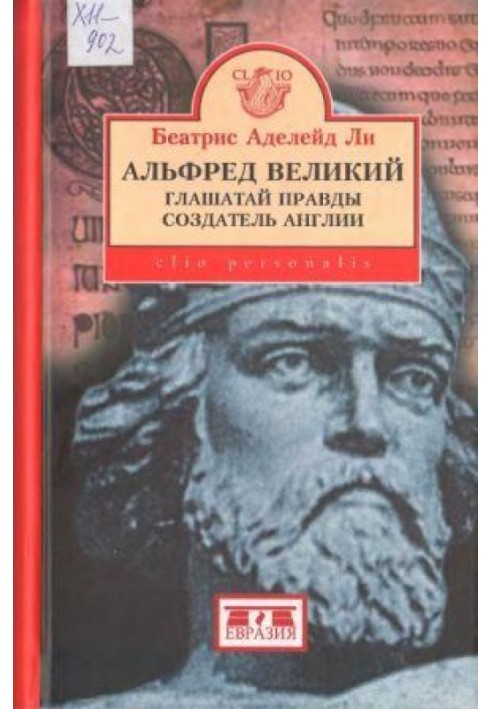Alfred the Great, herald of truth, creator of England. 848-899
 Instant download
Instant download
after payment (24/7)
 Wide range of formats
Wide range of formats
(for all gadgets)
 Full book
Full book
(including for Apple and Android)
The Anglo-Saxon king Alfred the Great (c. 849 - c. 899) played a truly unique role in the history of England. His personality was so unusual for his time that not only the British paid tribute to him. In particular, N.V. Gogol wrote the play “Alfred the Great” in his youth. Alfred the Great lived at a turning point for England, when the country, torn apart by internecine strife, was overrun by Viking invaders. In a life-and-death battle, Alfred led his compatriots and won a landslide victory. He reorganized the English army, created a fleet, an administration, and subjugated the small British kings to his power, founding the first royal dynasty that ruled all of England. A man of extraordinary cruelty, he never hesitated to use force and mercilessly punished everyone who stood in his way. But this is only one side of Alfred's life. The king appreciated literary works and Latin culture, and he himself translated the works of the Roman writers Boethius and Orosius into Old English. The book by the English researcher B. A. Lee is full of colorful details previously inaccessible to the domestic reader.
Data sheet
- Name of the Author
- Беатрис Ли Аделейд
- Language
- Russian
Reviews
Вражаюча історія Альфреда Великого
Книга "Альфред Великий, глашатай правди, творець Англії" є справжнім відкриттям для всіх, хто цікавиться історією Англії та її видатними постатями. Авторка Б. А. Лі майстерно передає епоху, в якій жив Альфред, та його величезний внесок у формування англійської державності. Читач має можливість зануритися в деталі його життя, відзначаючи не лише військові досягнення, а й культурну діяльність короля, його любов до літератури та освіти. Ця книга не лише розповідає про битви та політичні інтриги, а й показує Альфреда як людину, яка прагнула до миру та розвитку своєї країни. Яскраві описи, глибокі аналізи та раніше недоступні факти роблять цю книгу надзвичайно цінною для всіх, хто хоче зрозуміти, як одна особистість може змінити хід історії. Рекомендую всім, хто цінує якісну історичну літературу!










